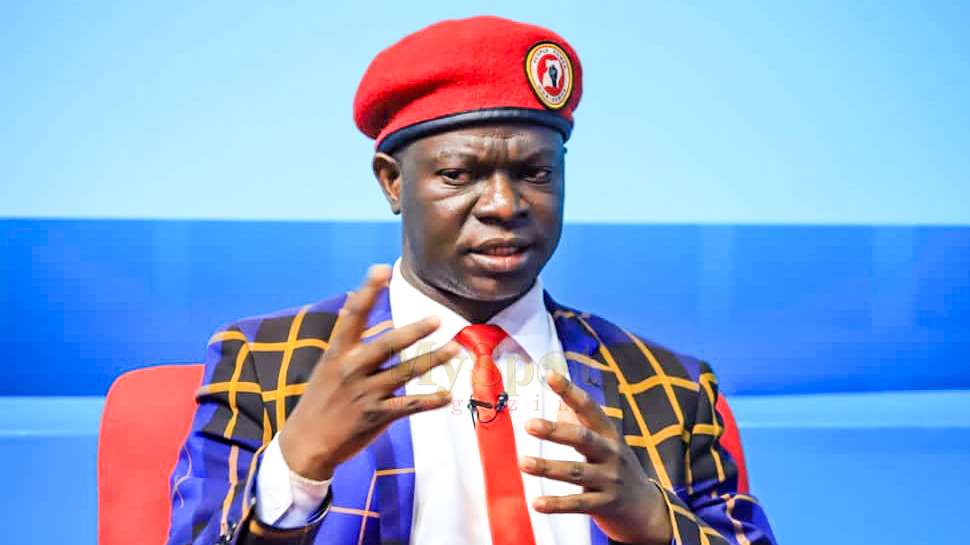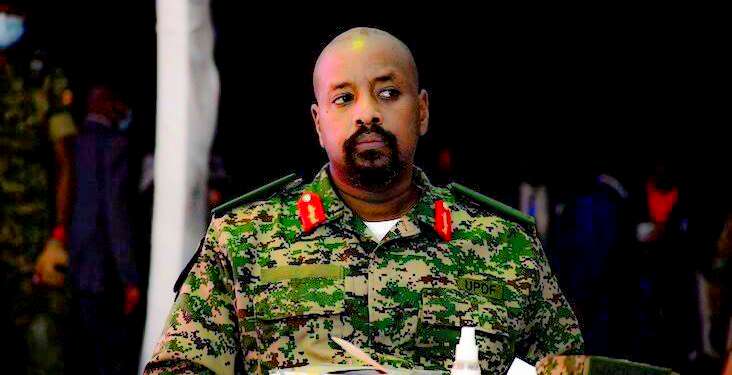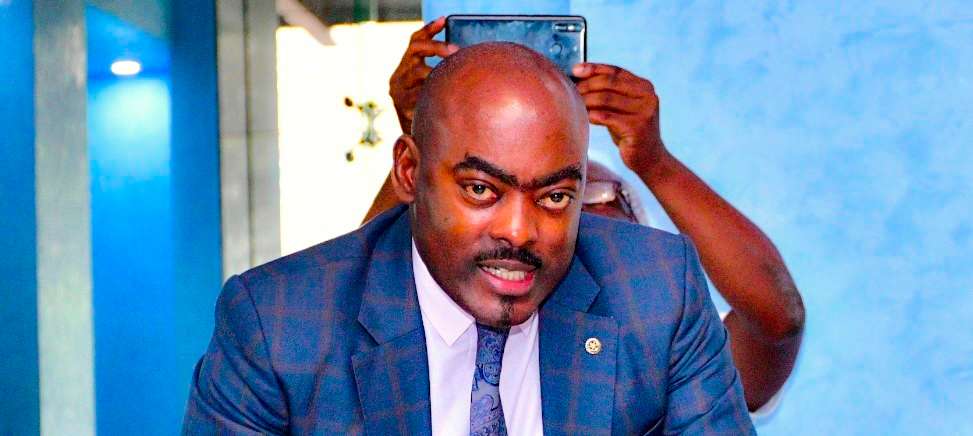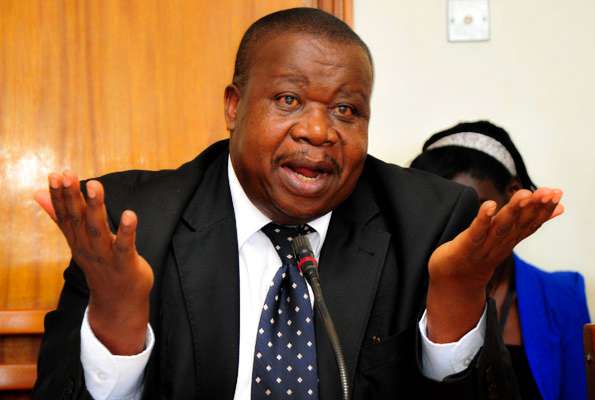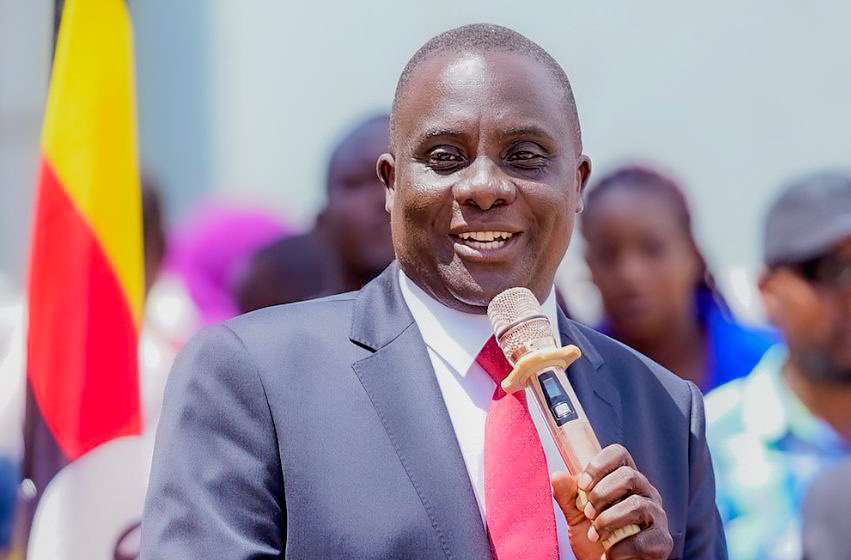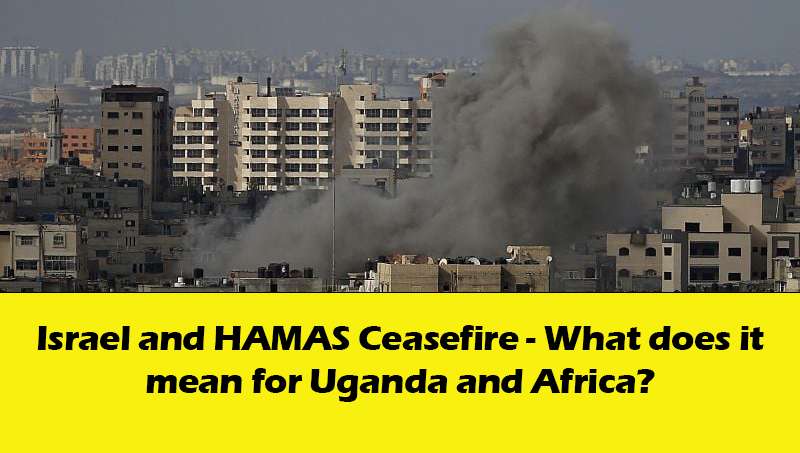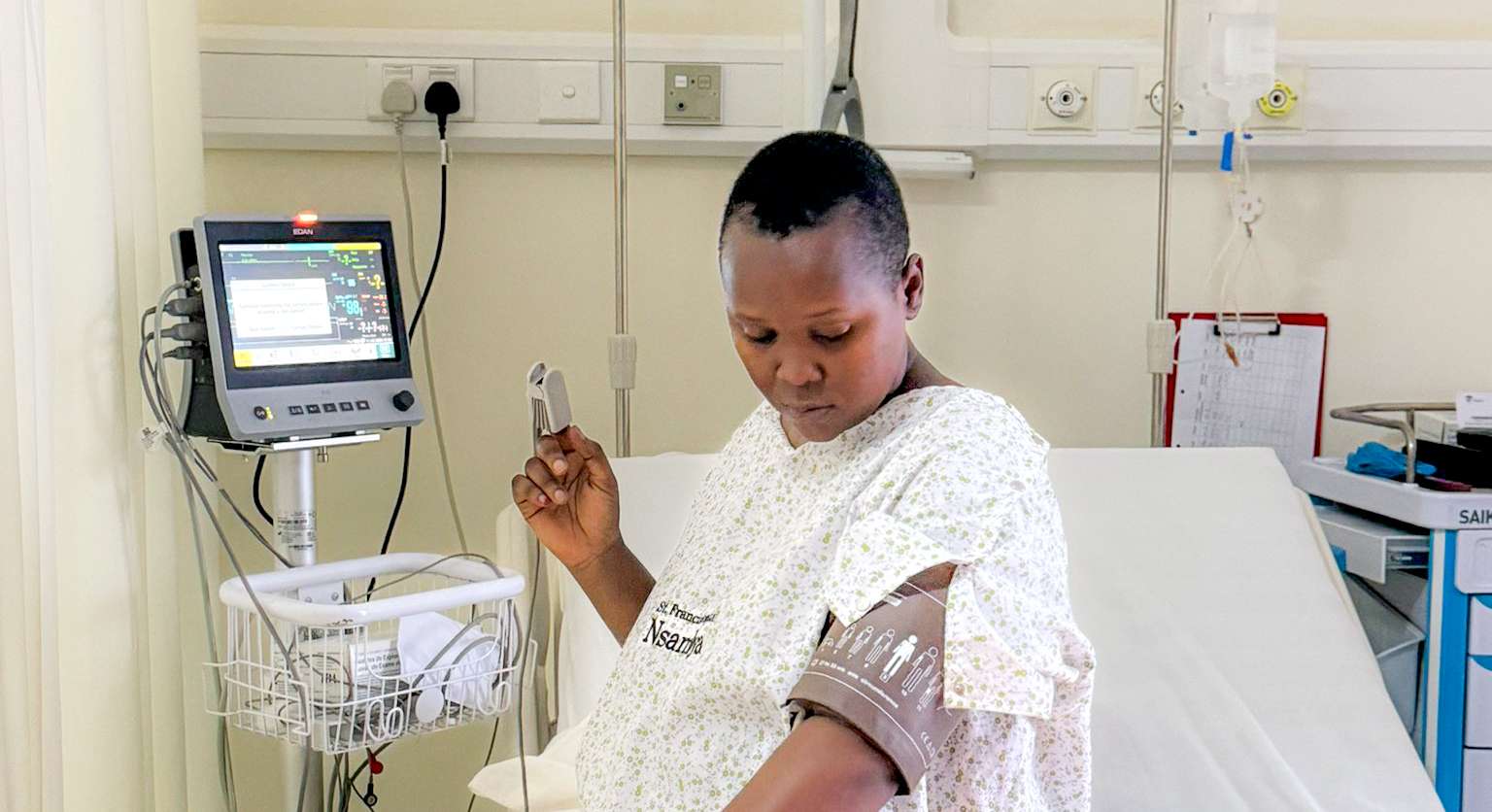Peace & Security
Paul Abul: A Voice of Hope and Change in the Fight Against FGM in Karamoja.
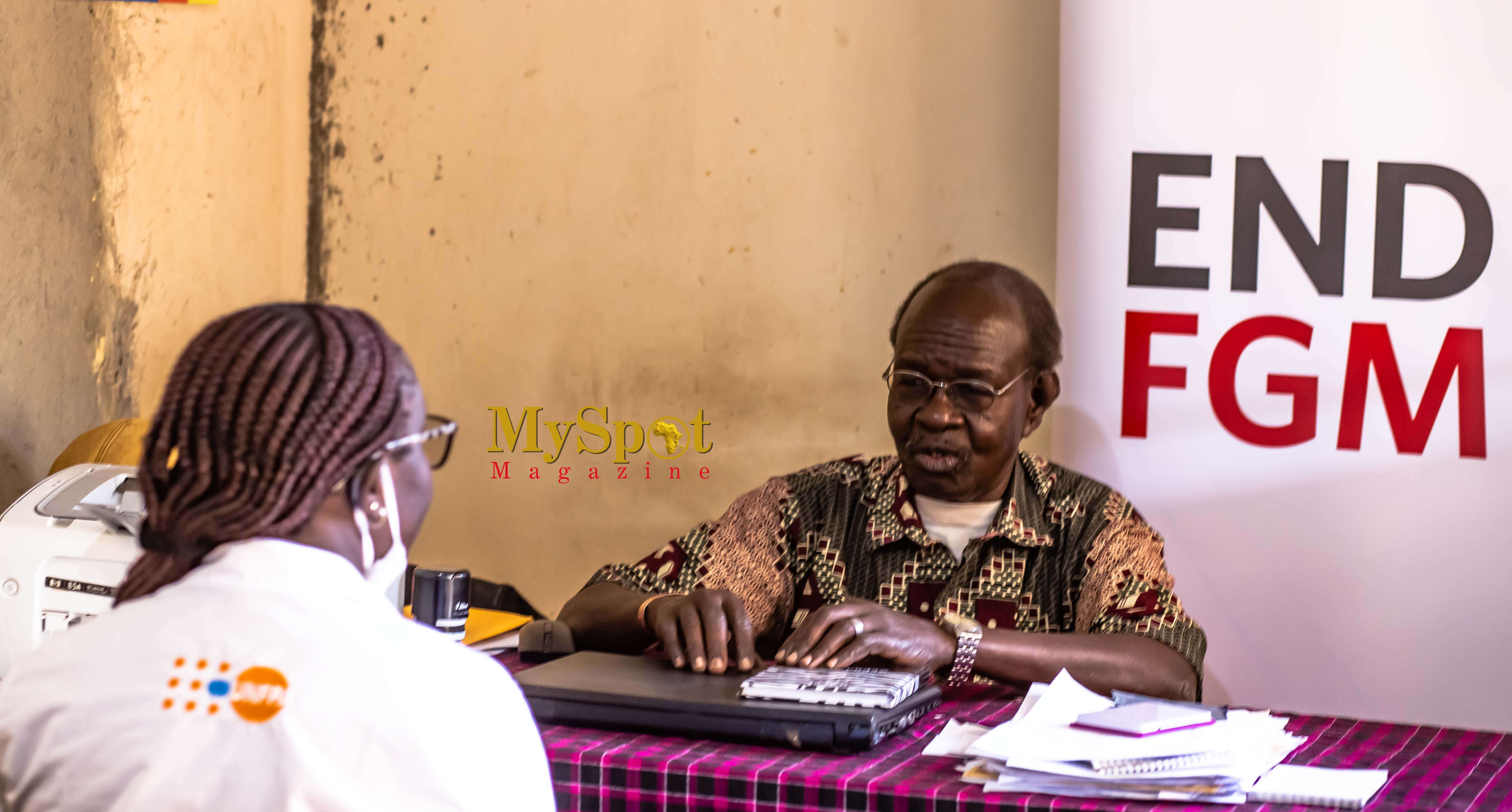
In a modest office in Moroto, Paul Abul, a retired district education officer and Secretary-General of the Karamoja Elders Association, is crafting a legacy that extends beyond his years of civil service.
Paul, a calm yet resolute elder, continues to champion a cause that has long plagued his community—Female Genital Mutilation (FGM). Despite his official retirement, he remains tirelessly committed to reshaping cultural narratives and protecting lives. His ultimate goal for retirement is to witness a thriving community where every girl has access to education and is safeguarded against the harmful practice of FGM.
Meeting Paul reveals that his mission is deeply personal and unwavering. His office, while simple, reflects a life dedicated to service. His guest book is filled with entries from a steady stream of visitors seeking his counsel. Paul’s demeanor is warm, his words deliberate, and his passion unmistakable.
“We began to tell teachers to start educating young girls and boys about FGM—encouraging girls to focus on education and refuse to be mutilated, and urging boys to continue their education and avoid marrying mutilated girls,” Paul explains in a strong, measured tone.
For Paul, education is the most powerful weapon in the fight against FGM. His background as a teacher provides him with a unique perspective on the dangers of this harmful practice. He is adamant that the pain, vulnerability, and health complications caused by FGM—often leading to death during childbirth—are preventable.
“To the people of Karamoja, FGM is an evil practice that puts our girls in danger. Some die during childbirth, especially when they are not taken to the hospital; they die at home,” he says, his voice laced with quiet determination.
We traveled slightly out of Moroto town to the village of Naitakwai, where we met an elderly woman who, like Paul, advocates against FGM. With our cameras rolling and notebooks in hand, our conversation with Paul began, revealing an intriguing narrative.
Paul notes that FGM is not only a health crisis but also a societal issue that perpetuates cycles of vulnerability and marginalization. Many young girls endure lifelong trauma, while boys and men, often unaware of the implications, continue harmful traditions. Through grassroots campaigns, Paul and the Karamoja Elders Association, alongside other stakeholders like UNFPA, work tirelessly to dismantle these norms.
“The whole world should stop this practice. We must educate those who still practice FGM, and girls should be sent to schools so that, by the time they finish, they are adults capable of making their own decisions,” Paul asserts.
His efforts extend beyond FGM to address child trafficking, which robs young girls of their innocence and thrusts them into a world of exploitation. Many of these trafficked girls end up in Kampala, where they are introduced to sex work and become vulnerable to sexually transmitted infections, including HIV. Paul actively urges parents to keep their children in school and protect their daughters from traffickers.
At the core of Paul’s mission is education—a transformative force he believes can dismantle harmful traditions. Educated girls, he observes, are less likely to accept FGM and are more inclined to marry partners who understand its dangers. Educated boys, in turn, can resist cultural pressures to marry mutilated girls.
“People who have received an education have stopped mutilating girls. Educated girls choose to marry those who understand the dangers of FGM,” Paul says with hope.
Paul engages directly with parents, teachers, and community leaders through the Karamoja Elders Association to spread awareness. The association is supported by Action Aid Uganda, a UNFPA implementing partner through the UNFPA-UNICEF Joint Programme on FGM.
He believes that change begins with conversations—honest, compassionate discussions that empower individuals to question and ultimately abandon destructive customs.

